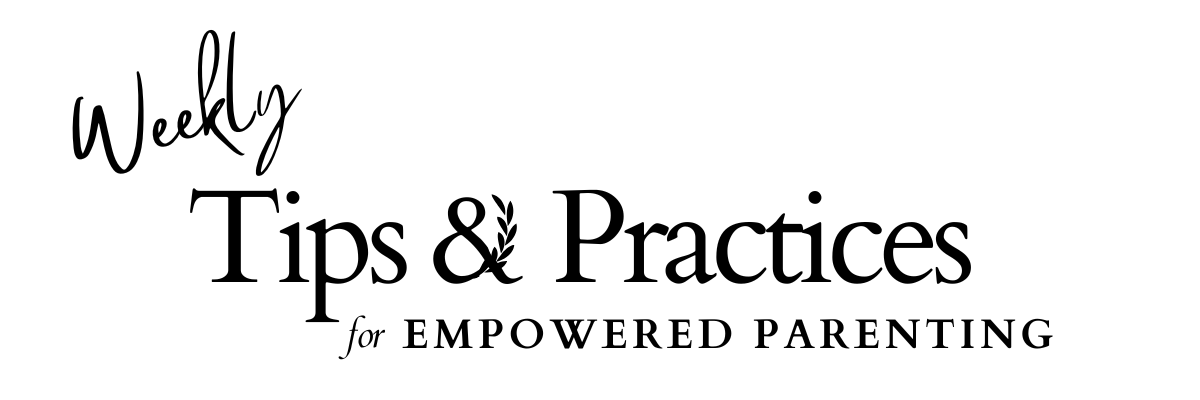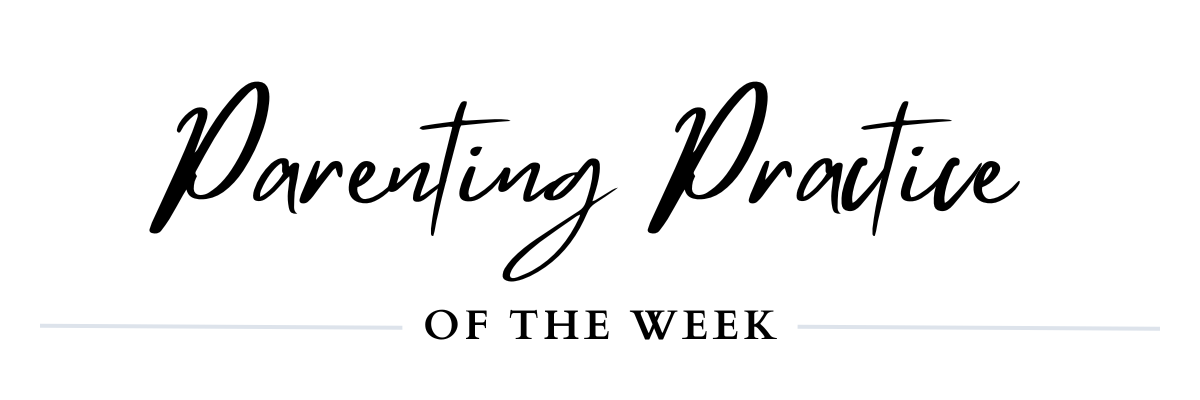The hidden trap of “performative empathy”

Have you ever tried to offer empathy… and it just didn’t land?
You said something kind, hoping it would help. But your child got more upset, turned away, or raised their voice. Suddenly, you’re left wondering: “I was trying to connect?!? Why didn’t it work?!?”
Here’s the thing: empathy is powerful. But only when it’s real.
Sometimes, we’re not in a place to offer real empathy. We’re triggered. We’re judging. We’re desperate for the moment to shift. We don’t actually feel empathy, but the pressure to be the “good” parent can turn it into a performance.
And performative empathy has a hidden agenda: to make the moment okay, to stop the feelings from happening.
That’s why it doesn’t land. It’s not really about them. It's about us.
But real empathy? It has no agenda. It doesn’t rush or fix. It simply says: I see you. I get it. You make sense.
Even if nothing changes.
That’s what disarms the moment… not the “right” words, but the felt sense that you’re willing to stay in it with them.

Check Your Empathy Agenda
Before you offer empathy, pause and ask yourself:
“Am I trying to be with this… or change this?”
If the answer is “to change it,” that’s human and understandable. Here’s how to shift toward genuine empathy:
- Name what’s happening.
“I’m feeling tight. I need a breath before I respond.” - Offer yourself compassion first.
“Of course I’m overwhelmed. This is hard.” - Soften urgency with a small gesture.
A hand on your heart. A slow breath. Even closing your eyes for a moment. - Offer presence, not performance.
Simple, grounded phrases like: - “Yeah, I hear you.”
- “That makes sense.”
- “I get it.”
Or no words at all. Just your eyes and your breath.
It’s not about perfect language. It’s about your child feeling that you’re with them, without needing them to change first.
Why It Works:
Our nervous systems are wired for protection. When someone wants us to “get over it” (even kindly), we stay guarded. That’s why performative empathy backfires.
True empathy is different. It carries no pressure, only presence. That safety lets kids soften, feel seen, and let go. And the same is true for us.
When we release the pressure to “get it right,” we make space for what matters most: connection, trust, and the slow unwinding of defenses.
Through the Coach Lens:
Parents often think they’re failing when empathy doesn’t “work.” They’ll say:
“I told him I understood, and he still screamed.”
“I said ‘I get it’, but she got more upset.”
As coaches, these are opportunities for reflection. Instead of asking what they said, we can explore how they felt when they said it:
- “What was happening in your body?”
- “What were you hoping would change?”
- “What might have helped you come back to center first?”
When parents learn to offer empathy without an agenda, everything shifts, not because it fixes the moment, but because it opens the door to connection.
You don’t have to say the perfect thing. You don’t have to get it right.
You just have to pause, check in, and choose presence over performance.
That’s what creates safety. That’s what disarms. That’s what they’ll remember.
Share This Article:
Curious for more?














